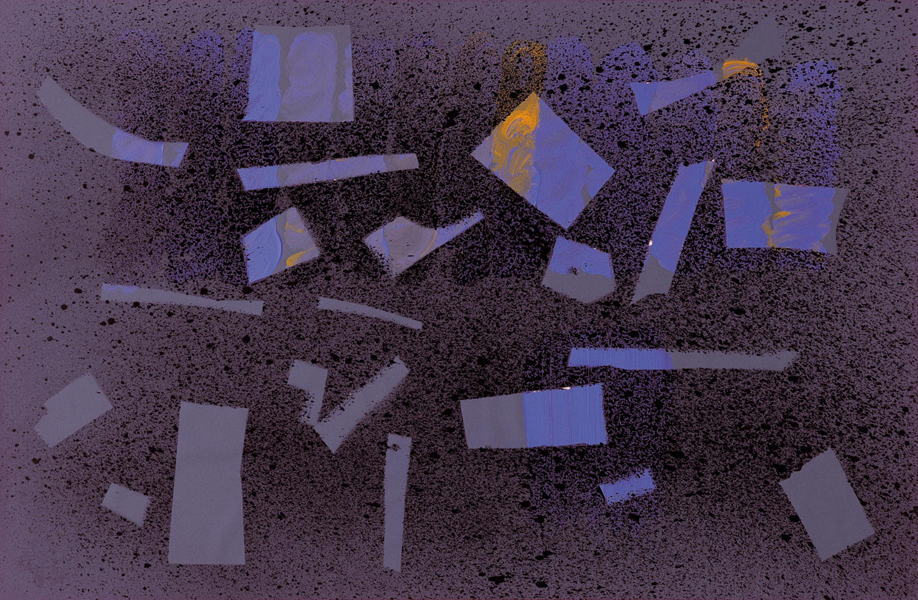|
Antique Jade Series 1
|
|
1999 Mixed media on paper 58 x 89 cm Signed lower left Wang Huaiqing in Chinese and dated 1999 |
|
Estimate
6,000,000 - 8,000,000 1,538,500 - 2,051,300 206,900 - 275,900
|
|
Sold Price
7,080,000 1,817,248 232,856
|
|
|
 What attracted Wang Huaiqing the most was how the Chinese home followed a conscientious and careful pattern. During the late 90s, Ming style furniture became the theme of his creativity. The simple and never overly decorated traditional tables, chairs and tools show the perception of ultimate and practicability of daily lives. Through his analytical approach, these geometrical elements corresponded well to Western abstract masterpieces. "These components often depict the process of how the structure of table and chair are broken up, but never completely shatter the basic form; but most of time, Ming furniture is already fragmented into unidentiiable pieces. It seemed like they have just been through a catastrophic fire or an explosion, and broken into tragic pieces, further giving us a distressing feeling when facing ruins." (Chia Chi Jason Wong, 'Fracture & Reconstruction- About the Artistic Forms and Cultural Contents of Wang Huaiqing's, An Exhibition of Wang Huai Qing's Paintings, National Museum of History, Taipei, February 2008, p. 11)
What attracted Wang Huaiqing the most was how the Chinese home followed a conscientious and careful pattern. During the late 90s, Ming style furniture became the theme of his creativity. The simple and never overly decorated traditional tables, chairs and tools show the perception of ultimate and practicability of daily lives. Through his analytical approach, these geometrical elements corresponded well to Western abstract masterpieces. "These components often depict the process of how the structure of table and chair are broken up, but never completely shatter the basic form; but most of time, Ming furniture is already fragmented into unidentiiable pieces. It seemed like they have just been through a catastrophic fire or an explosion, and broken into tragic pieces, further giving us a distressing feeling when facing ruins." (Chia Chi Jason Wong, 'Fracture & Reconstruction- About the Artistic Forms and Cultural Contents of Wang Huaiqing's, An Exhibition of Wang Huai Qing's Paintings, National Museum of History, Taipei, February 2008, p. 11)
In order to maintain a similar sensation of insecurity, Wang Huaiqing completed "Antique Jade Series 1" and "Antique Jade Series 2" in 1999. Through Wang Huaiqing's skillful techniques, a fresh and graceful approach was provided. We stared at the scene of how antique jade gradually falls, the crispy sound of smashing imprinted on our memory. By enjoying this from another viewpoint, these antique jades seemed to have been dug out by descendants not so long ago. All pieces were still somewhere on the ground or in the wall. The artistic signiicance of two art works was the use of bright colors. Wang Huaiqing used black, white and gold as his palette throughout his art career, whereas this time, he proved his ability of pushing art to an extreme.
